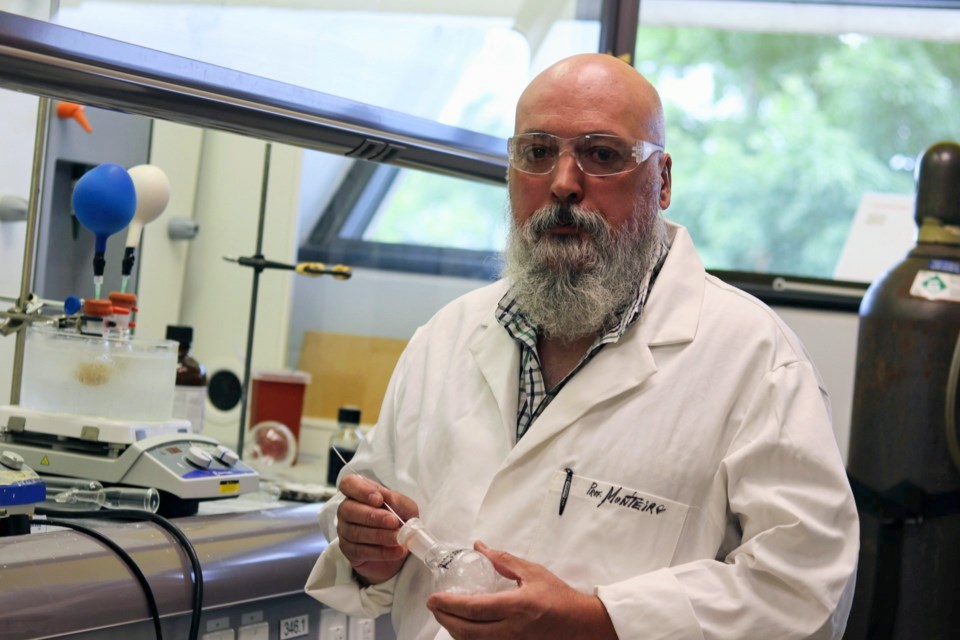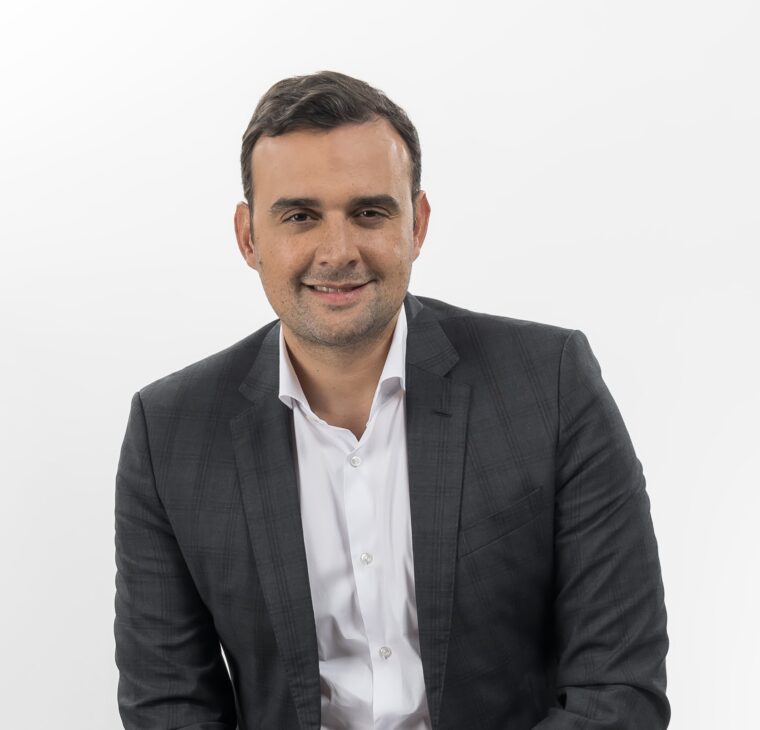Portuguese people who are making a name for themselves abroad are helping to find out where business opportunities are and what kind of companies and activities the country can attract. An initiative that brings together Negócios and the Portuguese Diaspora Council.
1- What led you to leave Portugal?
I left Portugal at the age of fourteen, so I prefer to think that it was fate. But the main catalyst was the collapse of the textile industry in Portugal, in this case in Gouveia, known at the time as ‘the loom of Beira’. The constant strikes resulted in the closure of many factories and widespread unemployment, which affected my father and dictated our departure from Portugal.
2- What advantages or disadvantages did being Portuguese bring you?
I try not to look at it through the prism of being this or that. I think it’s difficult for the usual Portuguese immigrant to have advantages in countries where Portuguese is not the official language. But the experience of recent university graduates who are highly educated and fluent in English must certainly be different. In my case, I can say that if I had any advantage, it was due to my upbringing in Portugal, in a small village in the Serra da Estrela, curiously called Aldeias (municipality of Gouveia). I had a strong and healthy upbringing during primary school, which, together with the church, gave me solid academic foundations and values that have helped me overcome obstacles and achieve success in the scientific world. Any disadvantages there may have been have to do with the fact that I’m simply an emigrant – not really because I’m a Portuguese emigrant. The advantages or disadvantages certainly depend on several factors: one’s pre-education and, as I’ve already mentioned, one’s level of comfort with the language and culture of the country to which one is emigrating. I think that emigrating out of necessity is never easy; however, it can lead to a personal and professional rebirth.
3- What obstacles did you have to overcome and how did you do it?
They appeared as soon as I arrived, during my secondary education, as it was taught in a different language and by teachers who, in some cases, didn’t treat immigrant students correctly. But, as I said, my primary education in Portugal and my good experiences living in a rural world, where I acquired excellent deduction and observation skills, key factors in a scientist, instilled in me a great sense of security in my abilities and the belief that I could face any challenge.
4- What do you admire most about the country you’re in?
Perhaps infrastructure and security. Canada is a new country with a small population and a huge territory, so it doesn’t have to live with the social and economic problems that exist in other countries. However, we are very dependent on the winds coming from the United States.
5- What do you admire most about the company or organisation you work for?
I’m a professor/researcher at a university supported largely by the provincial government. Globally, the post-secondary system is facing major challenges, and Canadian universities are no exception. However, the more or less stable support for research still makes the post-secondary system in Canada among the top in the world.
6- What recommendations would you give to Portugal and its entrepreneurs and managers?
I can only refer to science and innovation. I recently said, during the opening of a conference I co-organised in Gouveia, that the science currently being developed by Portuguese scientists, both inside and outside the country, is one of the best in the world. I even went further, saying that in terms of quality, Portuguese science is ‘ahead’ of Canadian science. The Portuguese university system has produced excellent scientists. With equal opportunities, I agree with the words of our President of the Republic in his closing message at the conference in Gouveia that the Portuguese are ‘the best of the best’. In this context, Portugal has the opportunity to create and sustain tangible national programmes that can capitalise on this talent. However, Portugal needs to further separate education/research from the government system and create long-term, stable projects that don’t require absolute dependence on European funds – for example, public-private scientific partnerships.
Science takes time to produce effects, which is why you have to be constantly focussed on objectives that will help the country and the world in the medium and long term. That’s why I think there may be too much dispersion in science and universities at the moment: one does this, another does that, we follow fashions, but there’s no direction to reach any harbour. It’s not necessary to have a large number of organisations/institutes – I even think that, in a country with the population of Portugal, there needs to be more concentration of talent. Similarly, more attention should be paid to polytechnics, which have so much to offer the country. It’s a global ‘problem’. We are mainly driven by the constant need and anxiety to increase the number of publications. It’s good to do science out of mere curiosity, because you never know where an important discovery and possible innovation will come from, but when much of the support comes from taxpayers, you have to think twice about what you’re doing. Portugal needs to keep the excellent institutions that already exist healthy and create serious, ambitious and long-lasting projects that can capitalise on present and future Portuguese talent.
It would be good if a significant part of the investment went to recent PhDs, to help them make the first leap into the private sector straight away and not drift from grant to grant. This brings me to the subject of the important help that should be given to biotechs/start-ups: these are the seeds of innovation and would be the ideal centres for the so-called new PhDs to use and exploit all their knowledge and talents. We already have good examples: recently CellmAbs (a NOVA start-up) licensed its antibody-based therapies to BioNTech and IMMUNETHEP; on the other hand, a biotech in Cantanhede is developing vaccines with great potential. And these are just two examples. With this strategy, Portuguese talent and knowledge can only increase. What’s more, it’s relatively easy to implement and doesn’t cost much.
7- In which sectors of the country where you live could Portuguese companies find clients?
There are always opportunities for academic collaborations between laboratories, universities and research institutions. Formalising the exchange of university students would be a good start.
8- In which sectors in Portugal might companies from the country where you live want to invest?
As I said, I think both countries could benefit from formal understandings between post-secondary institutions for scientific collaborations. I’m not aware of any agreements at government level that go in this direction, so we could start here.
9- What is the competitive advantage of the country you live in that could be replicated in Portugal?
Although Canada is not at the level of the United States or Germany in terms of support for scientists and biotechs, it still offers robust, non-seasonal support for a large number of researchers in public institutions and for biotechs. This constancy would be a good way to make science an important area for the Portuguese economy. As I said, it’s easy and not expensive – it just requires vision.
10- Are you thinking of returning to Portugal? Why do you think so?
Yes, I would like to return, for personal reasons and because I feel the desire to contribute, especially to energize the interior of the country. In this context, last August, I co-organized the first LUSOciência, a free scientific event in Portuguese and open to the general public, which brought 41 speakers to Gouveia—Portuguese scientists from both inside and outside of Portugal who are working in various fields of research. It was a way to showcase and promote Portuguese science, bringing it closer to the people. It was a lively conference in which the local population of Gouveia, of all ages, actively participated. It was just the beginning. Gouveia, and the interior of the country, have been important drivers and contributors to our economy and culture, and they certainly will be in the future







